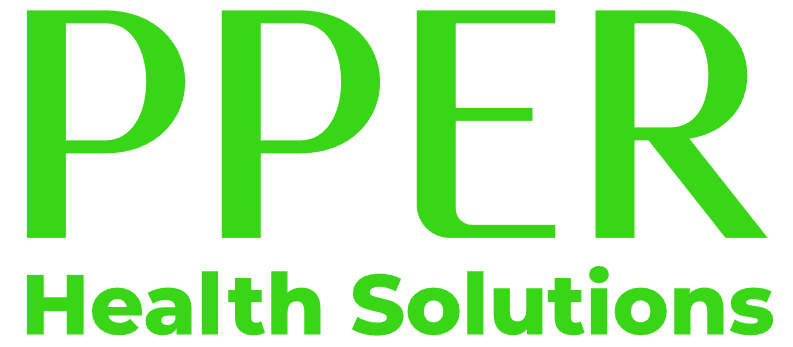Calcium is an essential mineral that plays a vital role in overall health, and its importance becomes even more pronounced during pregnancy. The demands for calcium increase significantly during this time to support the growth and development of the baby, as well as to maintain the mother’s bone health. In this article, we will explore the importance of calcium during pregnancy, discussing its benefits for both the mother and the baby. We will also provide insights into calcium-rich food sources to help expectant mothers ensure adequate intake for a healthy pregnancy.
The Role of Calcium in Pregnancy
Calcium serves multiple critical functions during pregnancy. It is essential for:

- Fetal Development: Calcium plays a crucial role in the development of the baby’s bones, teeth, heart, muscles, and nerves. Adequate calcium intake during pregnancy helps ensure healthy growth and development.
- Blood Clotting: Calcium is necessary for proper blood clotting, which is crucial during childbirth to prevent excessive bleeding.
- Maternal Bone Health: The baby relies on the mother’s calcium stores for its development. If the mother’s calcium intake is insufficient, her body will withdraw calcium from her bones, potentially leading to weakened bones and increased risk of fractures.
Benefits of Calcium During Pregnancy
Adequate calcium intake during pregnancy offers several benefits:
- Strong Bones and Teeth: Sufficient calcium supports the development of the baby’s bones and teeth, laying a foundation for their future health.
- Reduced Risk of Hypertensive Disorders: Calcium has been associated with a decreased risk of developing pregnancy-induced hypertension and preeclampsia, conditions characterized by high blood pressure during pregnancy.
- Prevention of Preterm Births: Research suggests that adequate calcium intake during pregnancy may reduce the risk of preterm birth, contributing to healthier outcomes for both the mother and the baby.

Calcium-Rich Food Sources
To ensure sufficient calcium intake during pregnancy, consider incorporating the following calcium-rich foods into your diet:

- Dairy Products: Milk, cheese, and yogurt are excellent sources of calcium. Opt for low-fat or non-fat options to manage calorie intake.
- Leafy Greens: Spinach, kale, and collard greens are nutrient-dense sources of calcium.
- Fortified Foods: Many plant-based milk alternatives, cereals, and orange juice are fortified with calcium. Check the labels to ensure they provide adequate amounts.
- Legumes and Nuts: Incorporate beans, lentils, almonds, and chia seeds into your meals and snacks to increase your calcium intake.
Calcium Supplements and Consultation
In some cases, calcium supplementation may be necessary to meet the increased demands during pregnancy. However, it’s important to consult with your healthcare provider before starting any supplements to determine the appropriate dosage for your individual needs.
Conclusion:
Calcium plays a crucial role during pregnancy, supporting the developing baby’s growth and maintaining the mother’s bone health. By prioritizing calcium-rich foods and incorporating them into your diet, you can ensure adequate intake of this vital mineral. Consult with your healthcare provider to determine your specific calcium requirements and discuss any concerns or questions you may have. Remember, a well-nourished body with sufficient calcium intake contributes to a healthy pregnancy and sets the stage for the baby’s long-term well-being.
